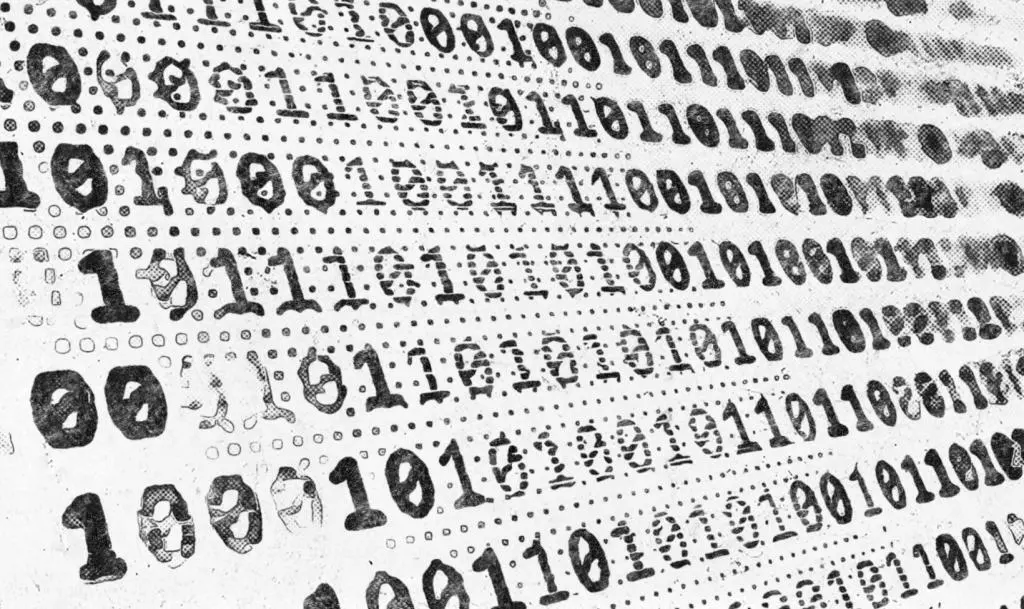Kb is short for Kilobit (1024 bits).

What is Kb (Kilobit): Table of Contents
Understanding Kilobit and its applications can help us better understand the digital world and how we interact with it on a daily basis. Whether we’re downloading files from the internet, transferring data between devices, or working with digital media, Kilobit plays a vital role in ensuring that data is stored and transferred efficiently.
The history of term “Kilobit”
The term “Kilobit” originated in the early days of computing, when computer storage and data transfer speeds were much slower than they are today. It was first used in the 1960s to describe a storage unit that held 1024 bits of information.
Over time, Kilobit has evolved alongside other digital storage units. Today, it is often used to measure the speed of data transfer and the amount of data that can be stored in a given amount of memory. Kilobit is also commonly used to describe the speed of internet connections.
Understanding Kilobit
Kilobit is a unit of digital information that represents 1024 bits. It is often used to measure data transfer rates for internet connections or to describe the storage capacity of computer memory or data storage devices.
To put it into perspective, one Kilobit is equivalent to 128 bytes of data. This means that a Kilobit can store around 16 characters of text, which may not seem like much. However, when we consider the amount of data that is transferred over the internet or stored in a computer’s memory, Kilobit becomes much more significant.
When we talk about data transfer rates, we often use Kilobit per second (Kbps) as a measurement. For example, an internet connection with a speed of 100 Kbps can transfer 100 Kilobits of data per second. This measurement is important because it allows us to understand the speed of our internet connection and how quickly we can download or upload data.
Applications of Kilobit
Kilobit is used in a variety of applications, including:
- Internet speed: As mentioned earlier, Kilobit is commonly used to measure the speed of internet connections. Internet service providers often advertise their internet speeds in terms of Kilobits per second or Megabits per second (Mbps).
- Computer memory/storage: Kilobit is used to describe the storage capacity of computer memory or data storage devices. For example, a computer’s RAM might be described as having a capacity of 8 Kilobits.
- Digital media: Kilobit is important in the world of digital media, where it is used to measure the bit rate of audio and video files. Bit rate is the amount of data that is processed in a second and is measured in Kilobits per second. A higher bit rate generally means higher quality audio or video.

